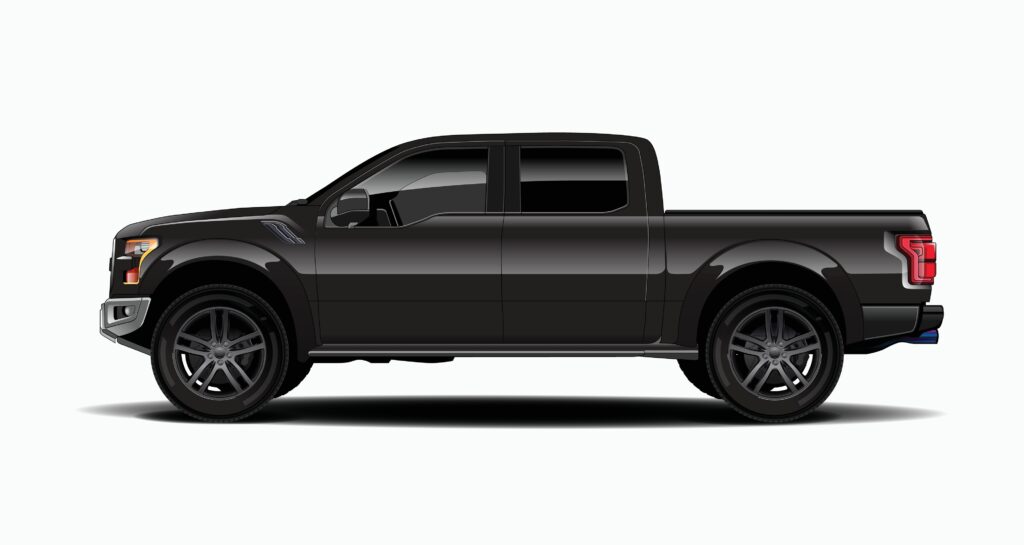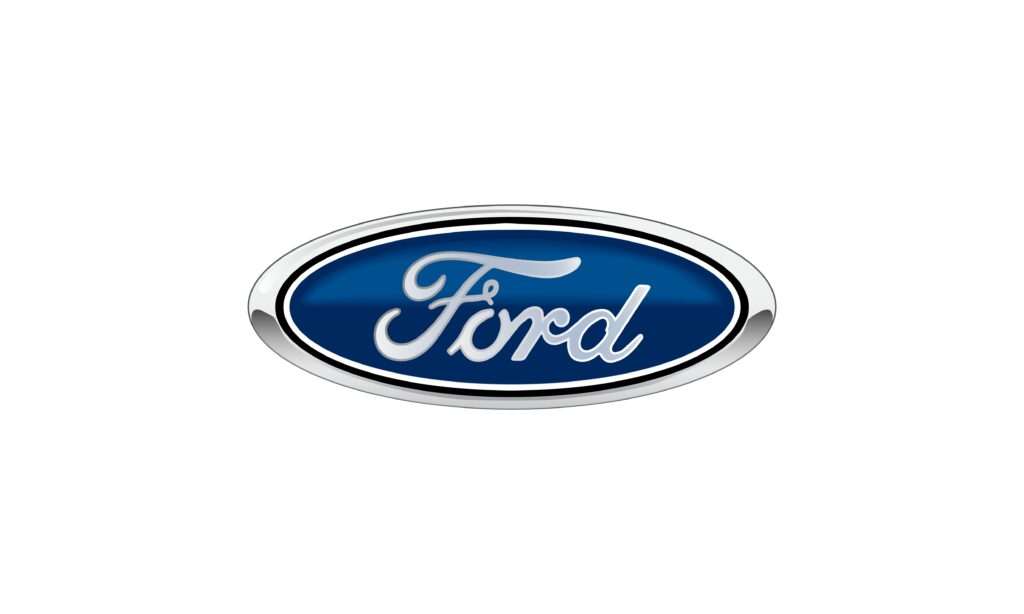On January 3, 2025, Ford issued a major recall that could affect thousands of California truck owners—particularly those who rely on their vehicles for work or daily transportation. Nearly 300,000 Ford trucks, including popular Super Duty models, are being recalled due to high-pressure fuel pump failures. For Los Angeles drivers and truck owners across the state, this recall raises serious concerns about reliability, safety, and potential legal recourse under California’s lemon law.
At Win Lemon Law, we help Californians hold automakers accountable when their vehicles break down repeatedly or spend excessive time in the shop. If your Ford truck has been sidelined by fuel pump issues—or you’re worried it might be—you’re not alone, and you do have rights.
Here’s everything you need to know about the recall, what symptoms to watch for, and how to take legal action if necessary.
Recall Overview: Which Ford Trucks Are Affected?
This latest recall from Ford impacts a substantial number of vehicles—nearly 300,000 trucks across the United States. For many owners in California, especially those who depend on their trucks for work, commercial use, or family transportation, this recall has far-reaching implications. If you’re driving a Ford truck that falls within the affected model years, it’s important to understand exactly which vehicles are involved and how this issue could impact you.
The specific models included in the recall are:

- 2020–2022 Ford F-250 Super Duty
- 2020–2022 Ford F-350 Super Duty
- 2020–2022 Ford F-450 Super Duty
- 2020–2022 Ford F-550 Super Duty
- 2020–2022 Ford F-600 Super Duty
- 2021–2022 Ford F-650 Medium-Duty Truck
- 2021–2022 Ford F-750 Medium-Duty Truck
These trucks are widely used throughout California in both personal and commercial capacities. Many are purchased for their towing power, durability, and performance. Unfortunately, this recall centers around a significant flaw with the Bosch CP4 RP7 high-pressure fuel pump, a component that was first introduced in the Super Duty lineup in 2020 and in the medium-duty trucks starting in 2021.
The defect lies in the pump’s vulnerability to biodiesel deposits forming on internal roller components. Over time, these deposits can cause severe internal wear, leading to a breakdown of the pump. The result is metal debris contaminating the fuel system—ultimately causing the truck to lose power or become completely inoperable. For truck owners in Los Angeles and throughout the state, that means missed work, costly towing bills, and serious reliability concerns.
What makes this recall especially frustrating is that many of these trucks were purchased specifically for their ruggedness and dependability. Whether used by contractors, construction crews, delivery services, or everyday drivers needing hauling capabilities, these vehicles were a major investment. A fuel pump failure doesn’t just cause an inconvenience—it can put livelihoods at risk.
If your truck is on the list above, it’s essential to take the recall seriously. Even if you haven’t experienced issues yet, the risk of fuel pump failure is significant, and early intervention is key to protecting both your vehicle and your rights under California’s lemon law.
Why This Happened: Ford’s Explanation
According to internal reports from Ford, the root of the fuel pump issue can be traced back to the Bosch CP4 RP7 high-pressure fuel pump, which was introduced in these Super Duty and medium-duty truck models starting in 2020 and 2021. This fuel pump—while designed to improve performance and support newer diesel technologies—has proven to be highly sensitive to certain fuel conditions, particularly involving biodiesel blends.
Ford’s engineers began detecting abnormal failure patterns in late 2021. Upon further investigation, the company discovered that the build-up of aged biodiesel deposits on internal roller components of the pump was the main culprit. These deposits caused excessive internal friction and wear, leading to the breakdown of the fuel pump’s mechanisms. As the pump deteriorates, it releases metallic debris into the fuel system. Once contaminated, the fuel system is at high risk for total failure, often rendering the vehicle undrivable without extensive—and expensive—repairs.
What caused these deposits to form? Ford points to extended biodiesel storage periods during the COVID-19 pandemic. During this time, many supply chains slowed or halted altogether, and fuel often sat unused for longer than intended. This aging process caused the biodiesel to degrade, and when pumped through the CP4 RP7 system, it created the perfect environment for build-up and mechanical damage. While the pandemic disrupted countless industries, its ripple effects on fuel quality and vehicle performance are still being felt today.
As of November 13, 2024, Ford had recorded:
- 3,070 warranty claims related to fuel pump failures
- 498 field reports documenting real-world vehicle impacts
- 58 direct customer complaints to Ford customer service
Although Ford has stated that no injuries, fires, or crashes have resulted from these failures, the volume of reported incidents paints a clear picture: this is a widespread mechanical defect, not an isolated issue.
For California consumers—especially those using these trucks for business—the real-world consequences of this defect can’t be overstated. Unexpected breakdowns, safety concerns, and costly repairs are just the beginning. Many owners have reported excessive wait times for parts and repeated visits to the dealership without lasting solutions.
At Win Lemon Law, we believe that understanding the why behind a defect is just as important as understanding your legal options. This wasn’t a case of user error or poor maintenance. It was the result of a flawed part, compounded by supply chain challenges—and truck owners should not be left to shoulder the consequences alone.
Warning Signs: Know the Symptoms

If you drive one of the affected Ford trucks, it’s important to watch for early warning signs of fuel pump failure. Catching the problem early may help reduce further damage or prevent a dangerous breakdown.
Look out for:
- Unusually long engine start times
- Check engine light illumination
- Reduced engine power or responsiveness
- Strange or irregular engine noises
If you notice any of these symptoms, stop driving your vehicle immediately and contact your local Ford dealership. Continuing to drive a failing vehicle can lead to further complications, higher repair costs, and unsafe driving conditions.
Ford’s Response and Next Steps
Ford began notifying affected owners by mail starting January 13, 2025. The automaker is addressing the issue by updating the powertrain control module software, which is intended to reduce the likelihood of pump failure.
The recall is officially designated as Recall #24S78. If you own one of these trucks, you can reach Ford’s customer service line at 866-436-7332 or contact your local dealership directly to schedule repairs.
While this action is a step in the right direction, many California truck owners are already dealing with repeated breakdowns, long wait times for parts, and trucks sitting at dealerships for weeks on end. That’s where California’s lemon law comes in.
What This Means for California Truck Owners
If your Ford truck has experienced repeated repairs, has spent an extended time in the shop, or still isn’t running correctly after being “fixed,” you may have a lemon law case.
Under California’s lemon law, also known as the Song-Beverly Consumer Warranty Act, vehicle owners are entitled to a replacement, refund, or cash compensation if their vehicle:
- Has undergone multiple unsuccessful repair attempts for the same issue
- Has been out of service for 30 days or more
- Poses a risk to safety or function
Importantly, your truck doesn’t have to be brand new to qualify—it just needs to be under the original manufacturer’s warranty. Certified pre-owned vehicles may also qualify.
This law is designed to protect consumers from the very scenario Ford truck owners are facing right now.
How to Protect Your Rights: What to Do Next
If your Ford truck is part of this recall—or if you’ve experienced any of the symptoms or repair delays outlined above—take the following steps to protect your legal rights:
- Respond to the Recall Immediately: Get the recall repairs completed by a Ford-authorized dealership.
- Keep Detailed Records: Track all repair attempts, time out of service, dealer communication, and receipts for related expenses.
- Monitor for Repeat Issues: If the problem comes back or new ones arise, it strengthens your potential lemon law claim.
- Speak to a Lemon Law Attorney: Don’t wait until it’s too late. A lemon law attorney can evaluate your case and determine if you qualify for compensation.
How Win Lemon Law Can Help
At Win Lemon Law, we focus exclusively on helping California drivers fight back when automakers sell or lease defective vehicles. Based in Los Angeles and serving clients across the state, we’ve handled countless lemon law claims against major manufacturers—including Ford.
If your truck has been recalled and continues to give you trouble, we’re here to help. Our team will guide you through every step of the lemon law process, from gathering documents to negotiating with the manufacturer. We’ll fight to get you the compensation you deserve—whether that’s a refund, replacement, or settlement.
You don’t have to keep driving a lemon. Let us help you take action.
Call us today for a free case evaluation and find out how Win Lemon Law can help turn your lemon into cash or a new ride. We’re ready to advocate for you—because you deserve a truck that works as hard as you do.

